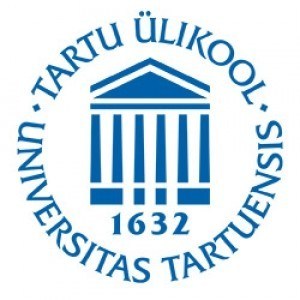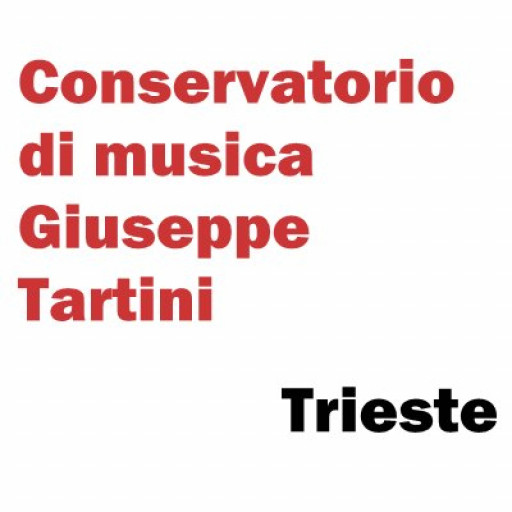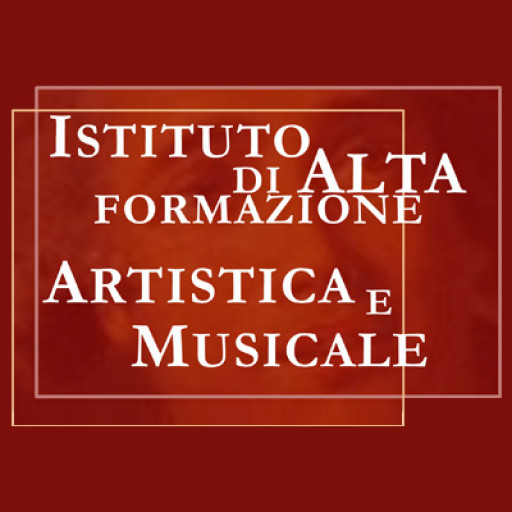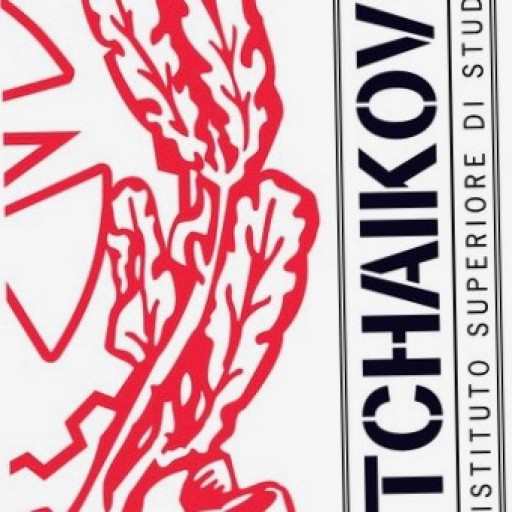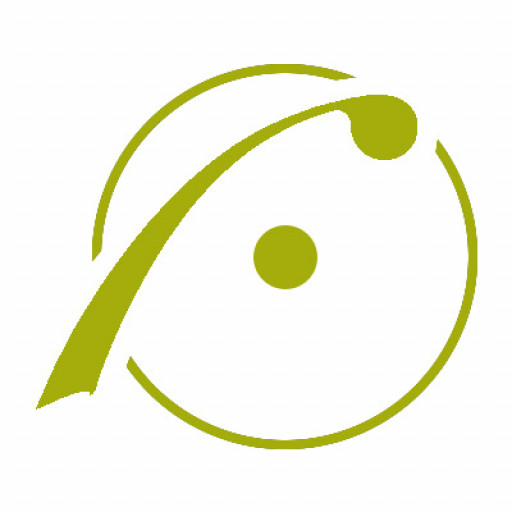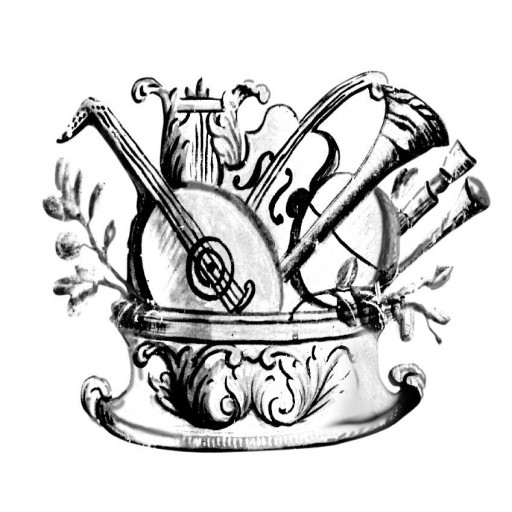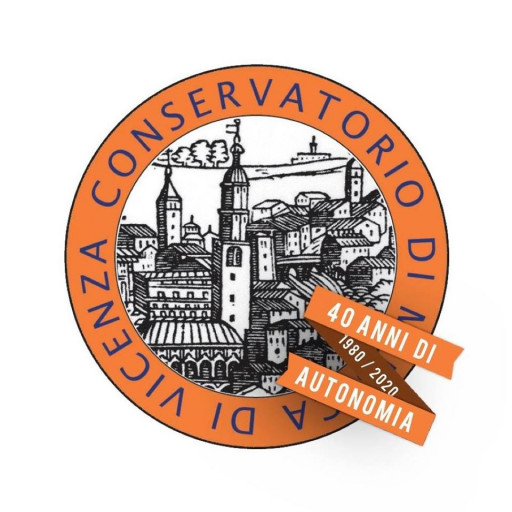Photos of university / #unitartu
The Bachelor's degree in Sound Engineering Arts at the University of Tartu is designed to provide students with comprehensive knowledge and practical skills in the field of sound recording, editing, mixing, and production. This program combines theoretical foundations with hands-on experience, preparing graduates for diverse careers within the audio industry, including music production, film and television sound design, live audio engineering, and multimedia development. Students will explore the technical aspects of sound creation, such as acoustics, signal processing, and audio technology, while also developing critical listening skills and artistic sensibilities necessary for high-quality sound production. The curriculum includes courses on sound recording techniques, digital audio workstations, sound design, audio for media, and project management. Throughout their studies, students engage in numerous practical projects, collaborating with peers and industry professionals to simulate real-world scenarios. The program emphasizes innovation and creativity, encouraging students to experiment with new technologies and conceptual approaches in sound arts. Additionally, students have access to state-of-the-art studios and equipment, enabling them to hone their skills in a professional environment. The University of Tartu's interdisciplinary approach fosters a broad understanding of media arts and technology, ensuring graduates are well-equipped to adapt to the rapidly evolving audio industry. Graduates of the programme will be prepared to pursue employment in media companies, recording studios, broadcast organizations, film production houses, and live event settings, or to continue their studies at the master's level. The Sound Engineering Arts program at the University of Tartu offers a unique blend of scientific knowledge and artistic practice, making it an excellent choice for aspiring audio professionals committed to excellence and innovation in sound arts.
Sound Engineering Arts at the University of Tartu offers a comprehensive and innovative curriculum designed to equip students with the technical skills, artistic understanding, and theoretical knowledge necessary for a successful career in audio production and sound engineering. The programme combines practical training with academic coursework, focusing on various aspects of sound recording, mixing, post-production, acoustics, and sound design. Students will gain hands-on experience in state-of-the-art studios and learn to operate industry-standard equipment, including digital audio workstations, microphones, and mixing consoles. The curriculum emphasizes the importance of acoustical principles and noise control to ensure high-quality sound in diverse environments. Throughout the programme, students explore topics such as music production, film sound design, live sound reinforcement, and audio technology innovations, preparing them for diverse professional roles in the field of sound engineering arts. Additionally, the programme incorporates courses on audio programming, multimedia, and electronic music, fostering creativity and technical proficiency. Collaboration with industry partners and project-based learning enable students to develop practical skills and build professional networks. Graduates of this programme will be well-equipped for careers in recording studios, broadcast Companies, live event production, audiovisual media, and entertainment industries. They will also possess the critical thinking and problem-solving skills necessary to adapt to the rapidly evolving landscape of sound technology. By the end of their studies, students will have created a portfolio of work demonstrating their expertise in sound design, mixing, and production, preparing them for the competitive job market. The Sound Engineering Arts programme at the University of Tartu aims to nurture innovative, technically skilled, and creatively inspired sound professionals ready to contribute to the fields of music, film, television, and multimedia.
The Bachelor of Arts in Sound Engineering Arts at the University of Tartu requires applicants to have completed secondary education equivalent to the Estonian general education standard. Prospective students must demonstrate proficiency in English, typically through standardized tests such as IELTS or TOEFL, unless their prior education was conducted in English. The program emphasizes both theoretical knowledge and practical skills in sound engineering, including acoustics, audio technology, music production, and sound design. Applicants should have a strong interest in music, audio technology, and creative audio production. Prior experience or background in music, audio engineering, or related fields is considered an advantage but not mandatory. The admission process may include an interview or audition to assess a candidate's motivation, auditory skills, and creative potential. The curriculum is designed to provide comprehensive training in sound recording, mixing, and mastering, as well as the use of industry-standard equipment and software. Students are expected to engage in both individual and group projects, participate in workshops, and undertake practical assignments to develop their technical proficiency and artistic expression. The program also covers relevant legal and ethical aspects of audio production, intellectual property law, and the music industry. To complete the degree, students must accumulate a specified number of credits through coursework, practical assignments, exams, and a final project or thesis. Continuous assessment methods include practical assessments, project evaluations, and theoretical exams, ensuring students acquire both technical competence and critical analytical skills. The university encourages active participation in extracurricular activities such as concerts, studio recordings, and industry networking events to enrich students' practical experience and professional connections. Graduates of the program are prepared for careers in sound engineering, music production, broadcasting, film and video post-production, and other fields requiring advanced audio skills. The program aims to foster innovative thinking, technical mastery, and a deep understanding of audio arts, enabling graduates to succeed in a competitive industry environment.
The Sound Engineering Arts program at the University of Tartu offers several financing options for prospective students. Tuition fees for international students are typically set annually and can vary depending on the level of study and residency status. Estonian residents and citizens of the European Union often benefit from lower tuition fees compared to non-EU international students. The university provides scholarships and financial aid opportunities to support talented students in their academic pursuits. These scholarships may be awarded based on academic achievement, extracurricular activities, or financial need. Additionally, students have access to government-funded study grants and loans, which can cover part or all of their educational expenses. The university also encourages students to seek external funding sources, such as private foundations or industry sponsorships, which occasionally support students in specialized fields like sound engineering and arts. For students pursuing Master's or doctoral studies, research grants and stipends are available, often subject to competitive selection processes. The cost of living in Tartu is relatively affordable compared to other European cities, which can significantly reduce the overall financial burden. Students are advised to thoroughly research eligibility criteria and application deadlines for each funding opportunity. The university’s financial services provide guidance and assistance in navigating available options, helping students to plan and manage their studies financially. Generally, international students are encouraged to start their financing arrangements early to ensure smooth progress through their degree programs. Students should also consider part-time work opportunities available in Tartu, which can help offset living expenses while gaining valuable professional experience. Overall, the University of Tartu strives to make education accessible by offering a range of financial support options tailored to different student needs, enabling talented individuals to pursue their artistic and technical education in sound engineering without undue financial hardship.
The Sound Engineering Arts program at the University of Tartu provides students with a comprehensive education in the principles and practices of sound engineering, music production, and audio technology. Designed for individuals interested in developing their skills in recording, mixing, and mastering audio, the program combines theoretical knowledge with practical application. Students gain a thorough understanding of acoustics, audio signal processing, and digital audio workstation operation, preparing them for careers in the music industry, broadcast, film, and gaming sound design. The curriculum includes courses on sound recording techniques, studio technology, sound design, audio post-production, and live sound engineering. Additionally, students have opportunities to participate in hands-on projects, collaborative work, and internships that enhance their real-world skills. The program emphasizes the importance of creativity, technical proficiency, and critical listening, encouraging students to experiment and innovate within the field of sound arts. Faculty members are experienced professionals from the audio industry, providing mentorship and industry insights that help students build networks and prepare for their careers. Graduates of the Sound Engineering Arts program are equipped to work as sound engineers, music producers, audio technicians, or to pursue further study in related fields. The University of Tartu's modern facilities, including well-equipped studios and audio labs, support an engaging learning environment. Overall, the program aims to foster a new generation of sound artists who can contribute creatively and technically to the evolving audio landscape across various media platforms.
